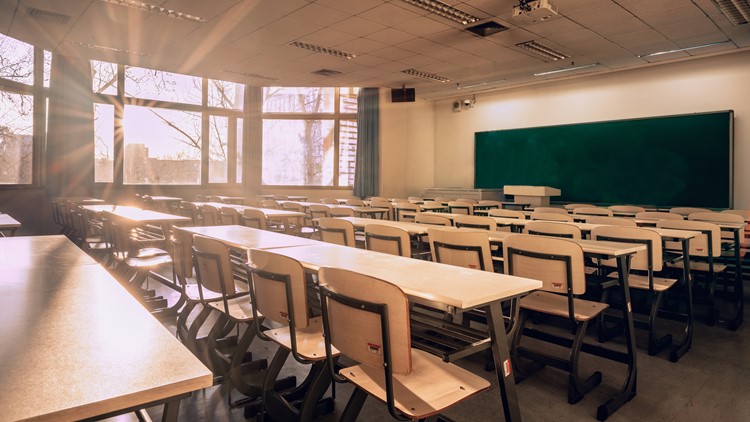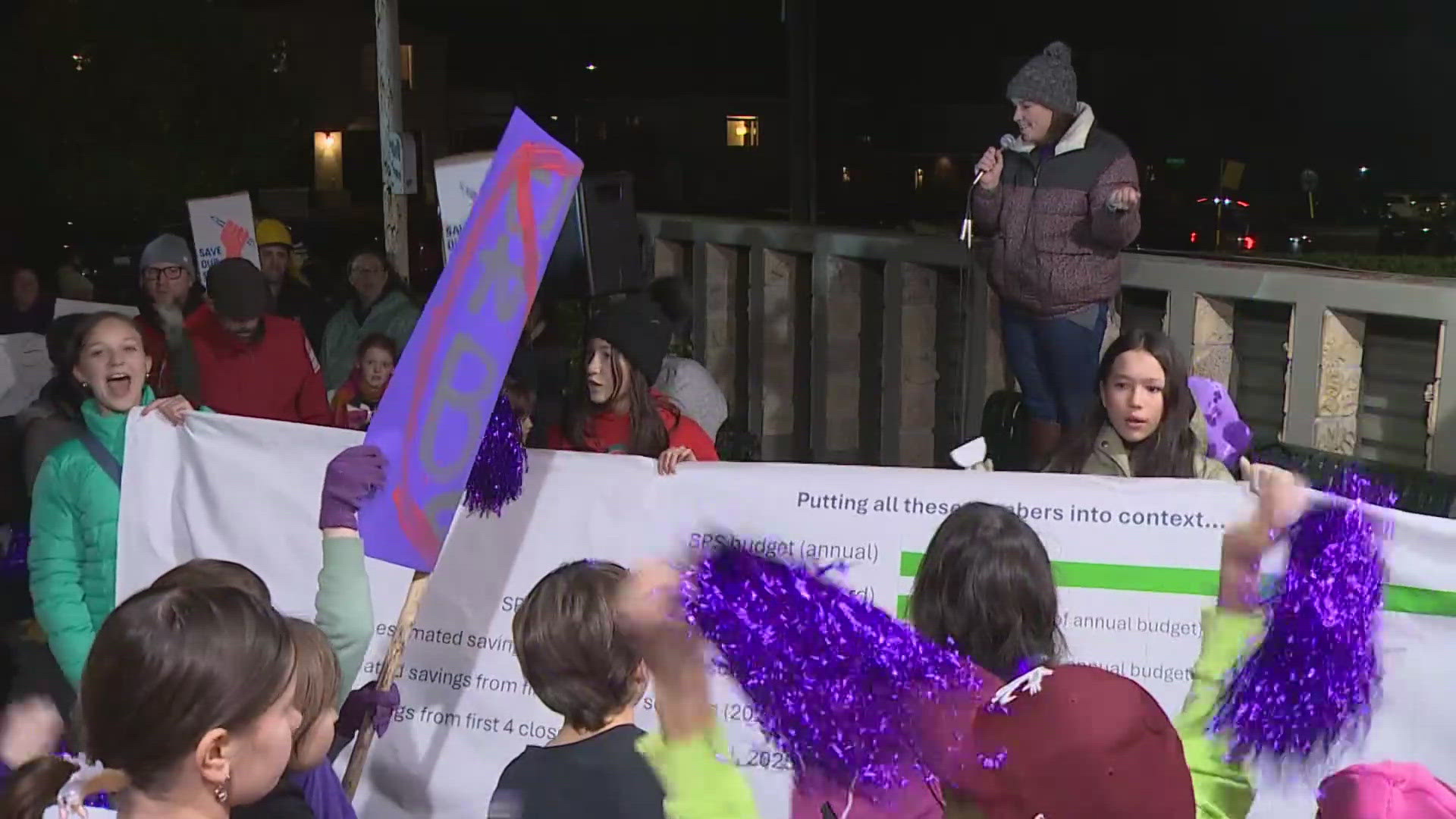Washington state Superintendent Chris Reykdal unveiled his 2019-21 budget Tuesday, which includes additional funding for students with special needs, nurses and dual language programs, along with a fix that aims to address disparities from recent funding model changes.
“Our students deserve an education system that does not allow opportunity gaps to persist,” Reykdal said in a statement. “That can only happen if our system provides equitable opportunities and individual learning pathways for each student.”
Reykdal pitched an 8 percent long-term capital gains tax that would raise $1 billion annually, half which would replace and buy down the state property tax by 35 cents per $1,000 of assessed valuation. About 53,000 households would be impacted by the tax. Single-filers who make more than $25,000 from capital gains annually or couples who make over $50,000 would pay tax on those gains.
The tax would not apply to the sale of residences, or agricultural or timberlands, Reykdal said.
Scroll below to see the political realities of a capital gains tax
The state says the tax aims to reduce the burden on homeowners so districts can increase levies if needed.
Previously the legislature had capped the amount of levy money schools could collect to whichever was less: $2,500 per student or $1.50 per $1,000 of assessed value. Reykdal proposed instead that schools cannot collect more than 22 percent of a district’s state and federal revenues.
Previously the legislature had capped the amount of levy money schools could collect to whichever was less: $2,500 per student or $1.50 per $1,000 of assessed value. Reykdal proposed instead that schools cannot collect more than 22 percent of a district’s state and federal revenues.
“Without critical changes, the reduction in levies will leave some districts in a very tough financial situation,” Reykdal said in a statement.
The other half of the capital gains tax would go towards major K-12 priorities including:
- $150 million for special education
- $46 million for mentoring and professional learning
- $45 million for career and technical education
- $38 million for institutional education
- $38 million for counselors
- $20 million for dual credit programs
- $14 million for dual language programs
- $13 million for nurses
- $13 million for mental health and school safety
- $10 million for expanded learning opportunities
- $9 million for family and community coordinators
These funding priorities were based on two surveys of parents, educators and community members.
Political realities of a capital gains tax
So what are the political realities of a capital gains tax? It's something that's been proposed before by the governor in his 2016 budget proposal and most recently by House Democrats in Olympia as part of their budget proposal earlier this year.
But with less than a month until election day, it’s a politically sensitive issue that Democratic lawmakers and candidates likely don’t want to talk about, especially in swing districts. Republican lawmakers have campaigned on opposing a capital gains tax, something they call an “income tax on capital gains.”
“I do not believe that there is a big appetite out there for a new tax of any kind,” said Senator Hans Zeiger, R-Puyallup, who’s also a member of the Senate Republican Campaign Committee.
“I don’t think that’s going to go over very well for somebody to support a capital gains tax. I think that will be a heavy lift in the legislature even if the Democrats maintain control in both houses of the legislature because I think if folks are paying attention to what citizens are saying, they’re saying we are taxed enough,” Zeiger said, pointing to hikes in property taxes and car tabs.
Meanwhile, Democratic lawmakers blame Republicans for property tax increases in the Puget Sound region, resulting from the 2017 levy swap deal to boost education spending by billions.
While most Democrats in the Senate opposed the property tax increase, the budget deal overall passed that year with a majority of Democrats on board: 39 to 10 in the Senate and 70 to 23 in the House. A bill passed by the Democratic-controlled legislature earlier this year slightly reduce property taxes in 2019 in some districts.
“Republicans rammed through the largest property tax increase in state history last year, and many Washingtonians agree that asking the super rich to start paying their fair share instead would be a better way to pay for schools and make the investments our communities need,” said Alex Bond of the Washington Senate Democratic Campaign, in defense of the capital gains proposal.
Senate Majority Leader Sharon Nelson, D-Maury Island, who's retiring at the end of the year, supports the idea of a capital gains tax but didn’t commit her caucus to the proposal in a statement released Tuesday.
“We will continue to support ideas and explore all options when it comes to fixing Washington’s broken tax structure,” said Nelson’s statement. “Working families and small businesses deserve a system that puts people first.”
Senate Democrats hold just a one-seat advantage. Minority Leader Mark Schoesler, R-Ritzville, said he’s confident all 24 Republicans in the chamber would oppose a capital gains tax.
“Why on earth when revenue is growing above and beyond expectations, do you need to raise tax? We should be looking at cutting taxes,” Schoesler said Tuesday.



